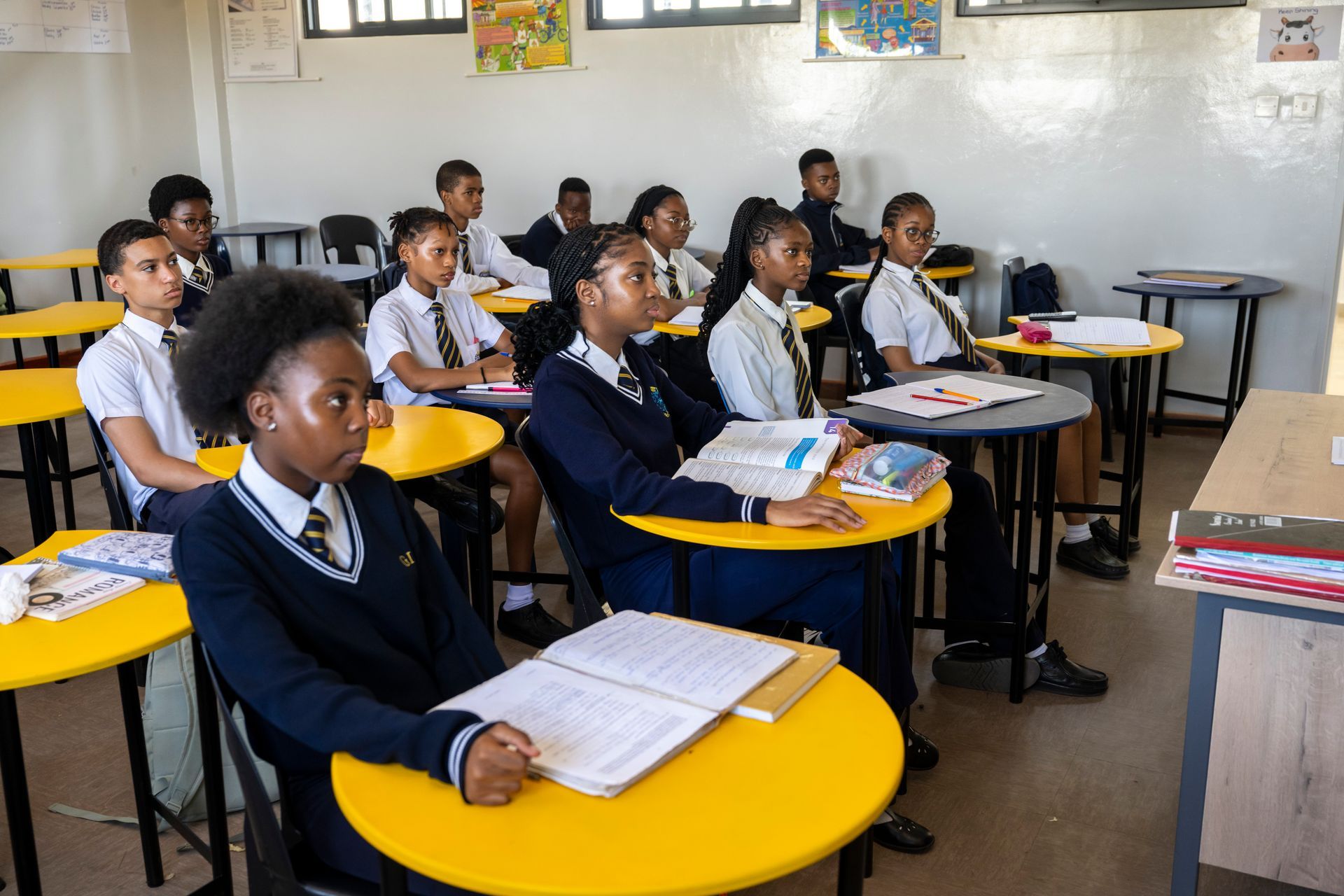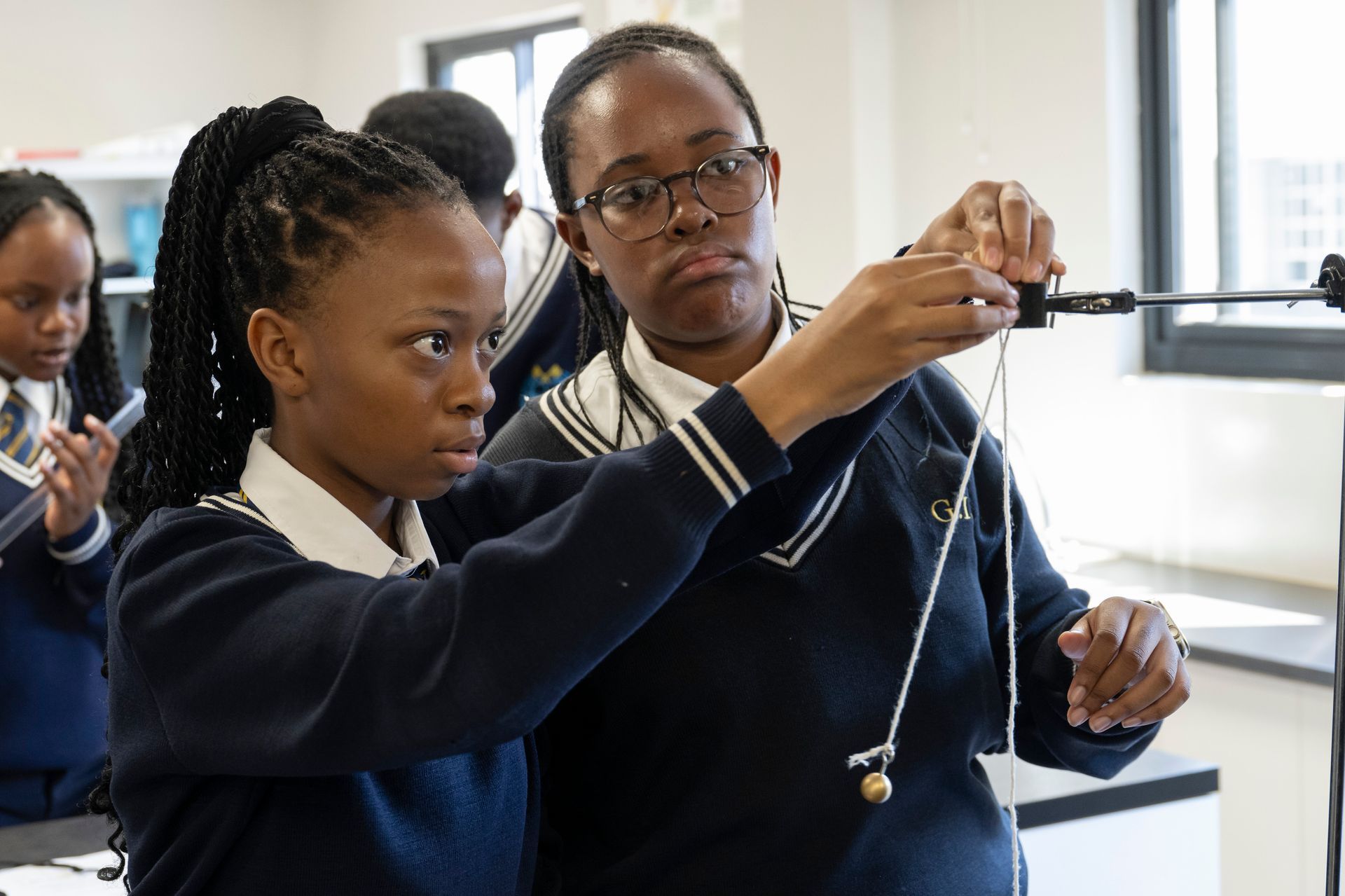The Benefits of Extracurricular Activities
GIS (Gaborone International School) is aware of the significant influence extracurricular activities have on the development of the whole person. In exploring these activities' many benefits, this article focuses on how they help the GIS community as a whole grow holistically and have richer experiences.
1. Diverse Activities to Widen Perspectives
The term "extracurricular activities" refers to a broad range of interests that go outside the classroom. Students can explore a variety of interests, develop their perspectives, and find new passions by taking part in these activities, whether they involve athletics, the arts, clubs, or community service. Students develop a sense of interest that supports their academic path by partaking in such activities.
2. Improved Academic Results
Contrary to popular assumption, participation in extracurricular activities can enhance academic success. These pursuits foster discipline, time management, and organizational abilities, all of which naturally influence how a student approaches their academic pursuits. Enhancing focus and producing superior academic results are frequently results of the well-rounded growth attained through extracurricular activities.
3. Promoting confidence and self-worth
Taking part in extracurricular activities has been shown to increase self-esteem. Students' self-confidence increases when they reach milestones, develop abilities, and participate in team projects. This increased self-assurance has a favourable effect on various areas of their lives in addition to the activity itself.
4. Developing Important Life Skills
Extracurricular activities provide a platform to learn important life skills in addition to being enjoyable. Students gain skills that are invaluable in real-world situations, from cooperation and leadership to communication and problem-solving. They can overcome obstacles with poise and agility thanks to these qualities.
5. The development of social opportunities
Extracurricular activities encourage social interaction and the development of relationships. Students build relationships that go beyond the confines of the activity environment by working together with others who have similar interests. These connections help people feel like they belong and create a supportive network.
6. Enhancing mental health
Engaging in extracurricular activities provides fruitful vacations from academic responsibilities, improving mental health. Stress can be effectively released by participating in fun activities, which also promotes a balanced lifestyle. These activities produce a sense of accomplishment that is beneficial to emotional health.
7. The improvement of networking abilities
Students get the chance to network and engage with people who share their interests through extracurricular activities. These links may be useful for a variety of reasons, from personal goals to potential job pathways.
Consider reading our articles on the value of learning to swim and the necessity of self-discipline in sports for a deeper look at specific advantages. Various articles provide insight into how various activities support kids' overall development.
Students are encouraged by Gaborone International School to participate in extracurricular activities as a means of developing personally and having richer experiences. Students develop better academic achievement, broader perspectives, stronger self-esteem, crucial life skills, meaningful social relationships, improved mental well-being, and the capacity to form networks through these activities. The benefits of extracurricular activities are extensive, developing well-rounded people who can excel in a variety of areas of life.



